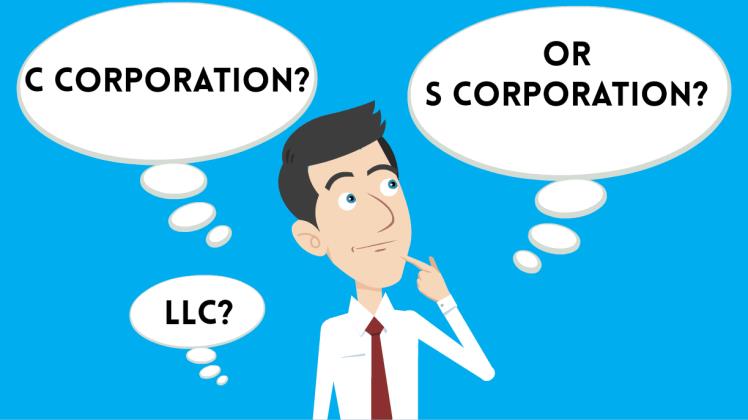The significant difference between S corp and corp is taxation. A corporation that is an S corporation pays taxes on the profits and distributes the remainder to the owners. A-C corporation pays corporate income taxes on its income, while its owners pay taxes. While both corporations pay taxes, there are specific differences between them. You should consult the IRS website for more information. However, there are many advantages to operating as a C corporation, especially if your business plans to sell its stock to a global market.
Markable differences:
The main difference between an S corporation and a C corporation is the tax treatment. A-C corporation is subject to double taxation, while an S corporation does not. As a result, an S corporation’s profits and losses are taxed on the individual shareholders’ tax returns. As a result, S corps can reduce their taxes by 50 percent. The main difference between an S corporation and a C company is how the IRS treats the business.
Unlike a C corporation, an S Corp requires its shareholders to be U.S. citizens. This makes it easier to attract venture capital. The difference between an S Corporation and a C corporation should be evident if you want to start your own business. The IRS will be more lenient with S Corps since they are subject to higher corporate taxes. In addition, they have more restrictions on who can be a shareholder and must be U.S. citizens.
Key difference:
The critical difference between an S and a C corporation is that an S corporation isn’t subject to corporate taxes. This means that its profits are passed through the entity to the owners. This tax benefit includes the freedom to write off business losses and an increased ability to pay dividends and pay bonuses. A significant advantage for an S Corporation is that the owners aren’t required to file a Form 1120-S with the IRS.
Advantages and disadvantages:
While S corporations have many advantages, an S Corporation has many disadvantages. For example, they are both subject to the same tax laws. A-C corporation has a lower liability limit and may require less documentation. A sole proprietorship has no limits on the number of shareholders. Additionally, C-corps have more benefits. An S-Corp corp’s tax liability is less than an S Corp’s.
The main difference between an S Corporation and a C corporation is the tax advantages and disadvantages. As well as the tax advantages, an S Corp has more flexibility in raising capital, which is beneficial for its owners. It also allows you to keep more money in the company. If you’re looking for an S-Corp, it’s better to avoid this tax disadvantage.
An S-Corp’s primary advantage is the ease of starting and running an S-Corp. In addition, an S-Corp doesn’t have to worry about taxation in general. It’s easy to get started with an S-Corp. You can register it in the state where you’re based and choose from the two types.
The main difference between an S-Corp and a C-Corp is their tax structure. A C-Corp is required to pay a corporate tax return, while an S-Corp is not required to pay any taxes. S-Corps have no restrictions on who can be an owner. The majority of S-Corps are limited to 100 shareholders, and all members must be U.S. citizens.
Smaller businesses often prefer S-Corps, while C-Corps tend to be used for more giant corporations. The main advantage is that it offers more flexibility and ease of establishment. Both S-Corps and C-Corps are advantageous for different types of business. You can decide which one is best for your company based on the type of industry you’re in.

